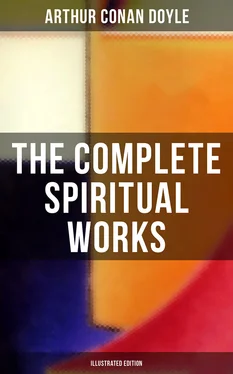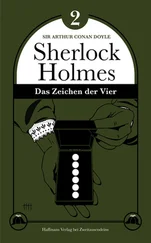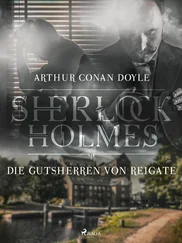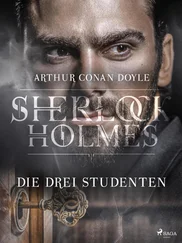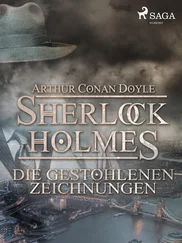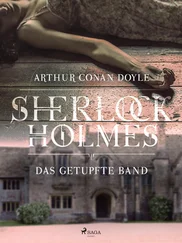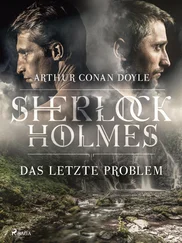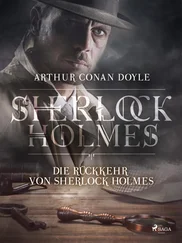Although my formal tour was now over, I had quite determined to speak at Perth if it were humanly possible, for I could not consider my work as complete if the capital of one State had been untouched. I therefore sent the message ahead that I would fit in with any arrangements which they might make, be it by day or night, but that the ship would only be in port for a few hours. As matters turned out the Naldera arrived in the early morning and was announced to sail again at 3 p.m., so that the hours were awkward. They took the great theatre, however, for 1 p.m., which alarmed me as I reflected that my audience must either be starving or else in a state of repletion. Everything went splendidly, however. The house was full, and I have never had a more delightfully keen set of people in front of me. Of all my experiences there was none which was more entirely and completely satisfactory, and I hope that it brought a very substantial sum into the local spiritual treasury. There was quite a scene in the street afterwards, and the motor could not start for the crowds who surrounded it and stretched their kind hands and eager faces towards us. It was a wonderful last impression to bear away from Australia.
It is worth recording that upon a clairvoyante being asked upon this occasion whether she saw any one beside me on the platform she at once answered "an elderly man with very tufted eyebrows." This was the marked characteristic of the face of Russell Wallace. I was told before I left England that Wallace was my guide. I have already shown that Mrs. Roberts, of Dunedin, gave me a message direct from him to the same effect. Mrs. Foster Turner, in Sydney, said she saw him, described him and gave the name. Three others have described him. Each of these has been quite independent of the others. I think that the most sceptical person must admit that the evidence is rather strong. It is naturally more strong to me since I am personally conscious of his intervention and assistance.
Apart from my spiritual mission, I was very sorry that I could not devote some time to exploring West Australia, which is in some ways the most interesting, as it is the least developed, of the States in the Federation. One or two points which I gathered about it are worth recording, especially its relation to the rabbits and to the sparrows, the only hostile invaders which it has known. Long may they remain so!
The battle between the West Australians and the rabbits was historical and wonderful. After the creatures had become a perfect pest in the East it was hoped that the great central desert would prevent them from ever reaching the West. There was no water for a thousand miles. None the less, the rabbits got across. It was a notable day when the West Australian outrider, loping from west to east, met the pioneer rabbit loping from east to west. Then West Australia made a great effort. She built a rabbit-proof wire screen from north to south for hundreds of miles from sea to sea, with such thoroughness that the northern end projected over a rock which fringed deep water. With such thoroughness, too, did the rabbits reconnoitre this obstacle that their droppings were seen upon the far side of that very rock. There came another day of doom when two rabbits were seen on the wrong side of the wire. Two dragons of the slime would not have alarmed the farmer more. A second line was built, but this also was, as I understand, carried by the attack, which is now consolidating, upon the ground it has won. However, the whole situation has been changed by the discovery elsewhere that the rabbit can be made a paying proposition, so all may end well in this curious story.
A similar fight, with more success, has been made by West Australia against the sparrow, which has proved an unmitigated nuisance elsewhere. The birds are slowly advancing down the line of the Continental Railway and their forward scouts are continually cut off. Captain White, the distinguished ornithologist, has the matter in hand, and received, as I am told, a wire a few weeks ago, he being in Melbourne, to the effect that two sparrows had been observed a thousand miles west of where they had any rights. He set off, or sent off, instantly to this way-side desert station in the hope of destroying them, with what luck I know not. I should be inclined to back the sparrows.
This Captain White is a man of energy and brains, whose name comes up always when one enquires into any question of bird or beast. He has made a remarkable expedition lately to those lonely Everard Ranges, which lie some distance to the north of the desolate Nularbor Plain, through which the Continental Railway passes. It must form one of the most dreadful wastes in the world, for there are a thousand miles of coast line, without one single stream emerging. Afforestation may alter all that. In the Everard Ranges Captain White found untouched savages of the stone age, who had never seen a white man before, and who treated him with absolute courtesy and hospitality. They were a fine race physically, though they lived under such conditions that there was little solid food save slugs, lizards and the like. One can but pray that the Australian Government will take steps to save these poor people from the sad fate which usually follows the contact between the higher and the lower.
From what I heard, West Australian immigrants are better looked after than in the other States. I was told in Perth that nine hundred ex-service men with their families had arrived, and that all had been fitted into places, permanent or temporary, within a fortnight. This is not due to Government, but to the exertions of a peculiar local Society, with the strange title of "The Ugly Men." "Handsome is as handsome does," and they seem to be great citizens. West Australia calls itself the Cinderella State, for, although it covers a third of the Continent, it is isolated from the great centres of population. It has a very individual life of its own, however, with its gold fields, its shark fisheries, its pearlers, and the great stock-raising plain in the north. Among other remarkable achievements is its great water pipe, which extends for four hundred miles across the desert, and supplies the pressure for the electric machinery at Kalgurli.
By a coincidence, the Narkunda , which is the sister ship of the Naldera , lay alongside the same quay at Fremantle, and it was an impressive sight to see these two great shuttles of Empire lying for a few hours at rest. In their vastness and majesty they made me think of a daring saying of my mother's, when she exclaimed that if some works of man, such as an ocean-going steamer, were compared with some works of God, such as a hill, man could sustain the comparison. It is the divine spark within us which gives us the creative power, and what may we not be when that is fully developed!
The children were fishing for sharks, with a line warranted to hold eighteen pounds, with the result that Malcolm's bait, lead, and everything else was carried away. But they were amply repaid by actually seeing the shark, which played about for some time in the turbid water, a brown, ugly, varminty creature, with fine lines of speed in its tapering body. "It was in Adelaide, daddy, not Fremantle," they protest in chorus, and no doubt they are right.
Table of Contents
Pleasing letters.—Visit to Candy.—Snake and Flying Fox.—Buddha's shrine.—The Malaya.—Naval digression.—Indian trader.—Elephanta.—Sea snakes.—Chained to a tombstone.—Berlin's escape.—Lord Chetwynd.—Lecture in the Red Sea.—Marseilles.
It was on Friday, February 11th, that we drew away from the Fremantle wharf, and started forth upon our long, lonely trek for Colombo—a huge stretch of sea, in which it is unusual to see a single sail. As night fell I saw the last twinkling lights of Australia fade away upon our starboard quarter. Well, my job is done. I have nothing to add, nor have I said anything which I would wish withdrawn. My furrow gapes across two young Continents. I feel, deep in my soul, that the seed will fall in due season, and that the reaping will follow the seed. Only the work concerns ourselves—the results lie with those whose instruments we are.
Читать дальше
